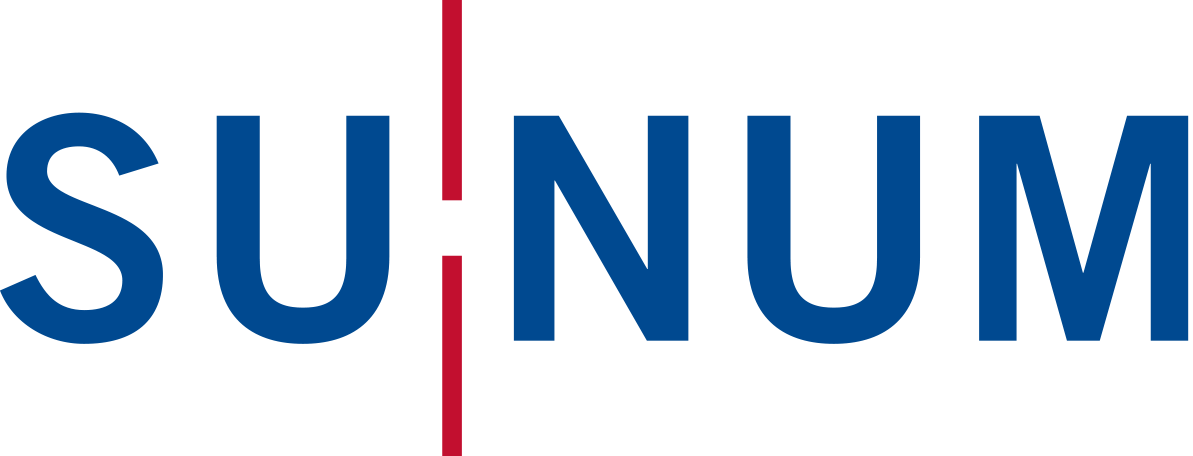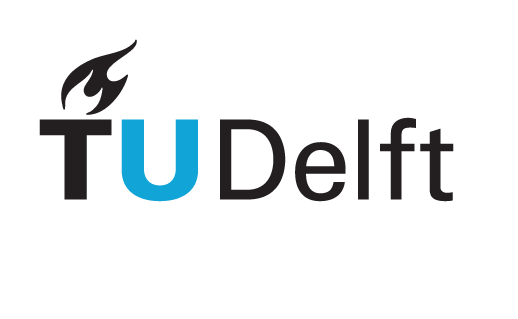Partners

The TEAM-NANO project brings together world-class Centres of Excellence (CoEs) from Europe to strengthen SUNUM, Türkiye's leading Centre of Excellence in nanotechnology and flexible electronics. The strategic partners in this project are the University of Southampton (UoS) in the UK and TU Delft in the Netherlands, both renowned for their expertise in cutting-edge technologies.
Strategic Collaboration with SUNUM Through TEAM-NANO, UoS and TU Delft will work closely with SUNUM to enhance its R&D&I capabilities, focusing on flexible and printed electronics, nanoelectronics, wearable sensors, and advanced nanofabrication technologies. The collaboration aims to create sustainable solutions for a range of industries, including healthcare, renewable energy, and environmental sustainability. By sharing expertise and resources, the project will facilitate the development of innovative technologies and prototypes, fostering collaborations with local industries and supporting Türkiye's growing market for nanotechnology and clean energy solutions.
Together, the partners will strengthen SUNUM’s position as a national and regional leader in R&D&I, contributing to the EU's Green Deal objectives and promoting sustainable, eco-friendly innovations for a better future.

The coordinator; Sabancı University Nanotechnology Research and Application Center (SUNUM) is a leading Center of Excellence (CoE) in Turkey, dedicated to advancing research and innovation in nanotechnology. As a state-funded, autonomous research facility, SUNUM specializes in nanofabrication, nano-characterization, and prototype development for a variety of industrial applications. With strong infrastructure and expert personnel, SUNUM plays a pivotal role in Turkey's national research ecosystem.
SUNUM is focused on pushing the boundaries of nanotechnology, with particular emphasis on flexible electronics, nanosensors, and advanced micro/nano systems. Through the TEAM-NANO project, SUNUM is working closely with top European research centers to modernize its capabilities and align with global standards, ultimately establishing itself as a key player in the field of nanotechnology and contributing to technological advancements in Europe and beyond.
With substantial support from the Turkish Ministry of Industry and Technology, SUNUM is advancing as a national hub for innovation and collaboration. Its goal is to foster long-term sustainability in research, build strategic partnerships, and contribute to the development of eco-friendly, energy-efficient, and sustainable technologies for a wide range of industrial and societal applications.

Delft University of Technology, one of Europe’s top universities, is renowned for its work in microdevice development and cleanroom fabrication. It hosts the Kavli Nanolab Cleanroom and the Else Kooi Laboratory, two of the largest nanofabrication research facilities in Europe. TU Delft leads several high-profile projects, including the EU Graphene Flagship project and the national Plantenna project, focused on sensor technologies for agricultural applications. TU Delft’s expertise in quantum devices, sensor technologies, and on-chip nanotechnologies is vital for advancing flexible electronics and nanofabrication.

University of Southampton UoS is a leader in advanced research and education, with facilities like the Southampton Nanofabrication Center (SNC), one of Europe's top cleanroom facilities. UoS excels in flexible electronics, nanofabrication, AI hardware, and optoelectronics. Its School of Electronics and Computer Science (ECS) is recognized for its leadership in AI and AI hardware, while the Optoelectronics Research Centre (ORC) is a pioneer in photonics. UoS is also home to the Centre for Flexible Electronics and e-Textiles (C-FLEET), focusing on stretchable functional materials for wearable electronics and systems.





